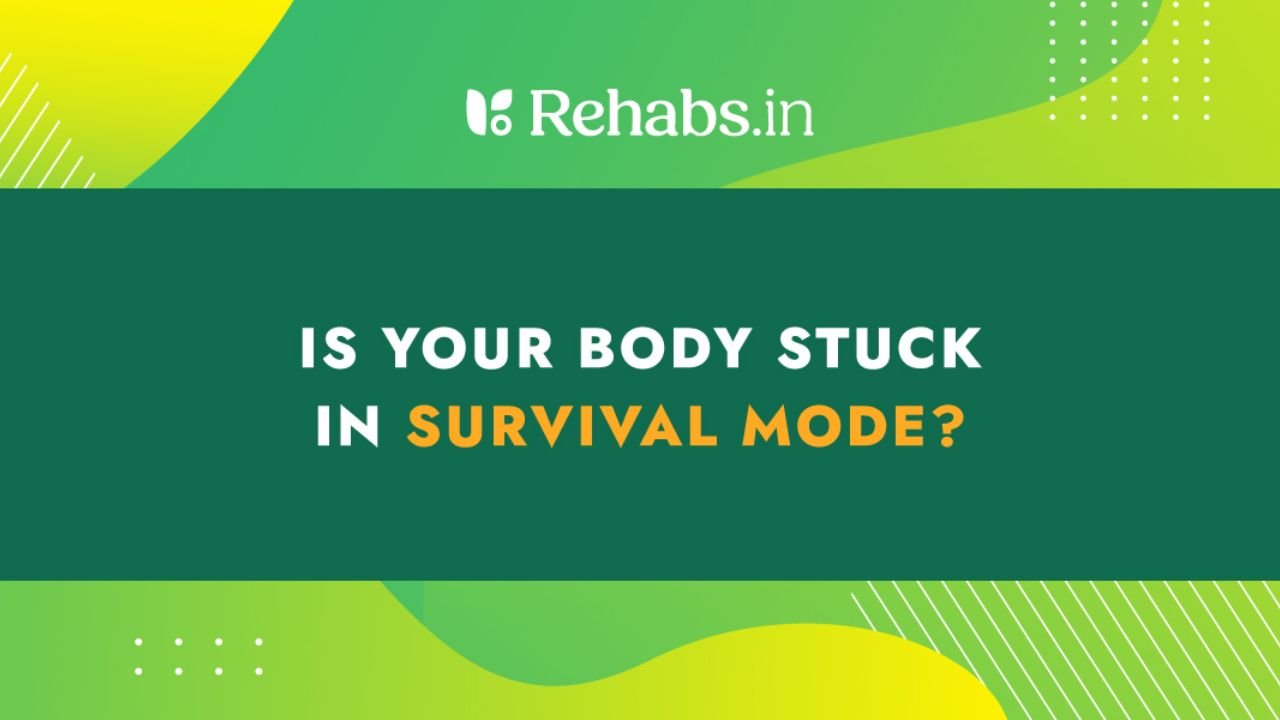It doesn’t always look like a disaster. Not every story starts with a DUI, an overdose, or a call that ends in tears. Sometimes needing rehab sneaks up on you slowly, disguised as stress, masked by ambition, buried under jokes about how much wine it takes to sleep these days. For a lot of people, especially the ones juggling work, family, bills, and the illusion of keeping it together, it doesn’t feel like something is wrong—it just feels like life. But there’s a line between coping and losing control, and it’s not as far off as you might think.
You don’t have to wait for something tragic to happen before you get help. Rehab isn’t only for people who have “lost everything.” It’s for people who are tired of living like this, whatever this looks like. So how do you know if it’s time? If you’re even asking that question, there’s a good chance it’s already on the table.
You’ve Made Rules for Yourself—And You Keep Breaking Them
You told yourself no drinks during the week. Then there were no drinks before dinner. Then it was only on stressful days—until, eventually, that was every day. Maybe it’s not alcohol. Maybe it’s pills. Maybe it’s something else entirely. The substance isn’t always the point. What matters is the way you find yourself making deals with yourself and breaking them faster than you care to admit.
It starts as bargaining. “I’ll only use it when I finish this project.” “Only on weekends.” “Just one more time.” But it turns into a blur. And while the outside world might not notice, you do. You know the promises you made. You know how often you’ve lied to yourself. That quiet inner voice you keep trying to ignore—the one saying this is getting out of hand—it’s not wrong.
People Around You Have Started to Say Something—Or You’re Hiding It So They Don’t
Sometimes it comes out in sideways comments: “You’ve seemed off lately,” “Rough night again?” or “Are you okay?” Other times, it’s silence. Because the people who love you know something’s wrong but aren’t sure how to bring it up. And if no one’s said anything yet, it might be because you’ve become good at hiding the truth.
The energy it takes to maintain that performance—the dodging, the cover stories, the excuses—is exhausting. And if you’re feeling the pressure of keeping up a version of yourself that isn’t real, that’s a heavy sign. Addiction recovery options aren’t just for people with public breakdowns. They’re for people who feel like they’re slowly drowning in private, pretending to swim.
You Can’t Imagine Life Without It—and You Can’t Imagine Admitting That
If the idea of giving it up completely feels impossible, that says more than anything else. When someone mentions getting sober or going to rehab and your stomach twists with panic, denial, or anger, that’s not random. That’s your brain throwing up walls around something it’s come to rely on.
You might say, “I’m not that bad.” But underneath that is usually a quieter fear: “What would I do without this?” Whether it’s addiction treatment in Fort Worth, Boston or D.C. you have to recognize you actually need treatment. Not because someone forced you. But because something inside you knows that what you’re doing now isn’t working anymore.
Your Mental Health Feels Like a Warzone—and Nothing Seems to Help
Anxiety, depression, restlessness, hopelessness. These aren’t always caused by substance use, but when they’re there—and you’re self-medicating just to get through the day—they create a dangerous loop. You feel awful, so you use it. You use it, so you feel worse. And around it goes.
Even if you started using it to manage real pain, whether emotional or physical, that’s no longer the only thing keeping the habit going. The substance starts writing the rules. You might not even recognize yourself anymore. And when therapy, meditation, self-help books, or “just taking a break” doesn’t do much of anything, it might be time to consider that something deeper is going on. Rehab doesn’t make you weak. It gives you room to breathe and figure things out without the noise in your system.
You’ve Tried to Stop—And You Keep Slipping Back
Some people try quitting on their own, and it works. But for many, it’s not that simple. You stop, you do well for a bit, and then a stressful day or a celebration or a random Tuesday hits, and suddenly you’re back where you started, except now you feel ashamed, too.
Relapse isn’t failure. It’s information. It tells you your current support system isn’t enough. That white-knuckling your way through it isn’t working. And that’s okay. Rehab gives you more than just a break from your substance of choice. It gives you structure. It gives you people who understand. It gives you a fighting chance to figure out why you keep going back and how to stop the cycle—for good this time.
If You’re Wondering Whether You Need Help, That’s a Sign Right There
Nobody lies awake at night wondering if they might need help unless something inside them already knows the answer. You don’t need to hit some dramatic low before you make a change. You’re allowed to choose peace. You’re allowed to want more for your life than barely making it through.
Whatever you’re dealing with, whatever’s got its hooks in you, there’s a way out—and it doesn’t have to be lonely, shameful, or impossible. It just has to start.



